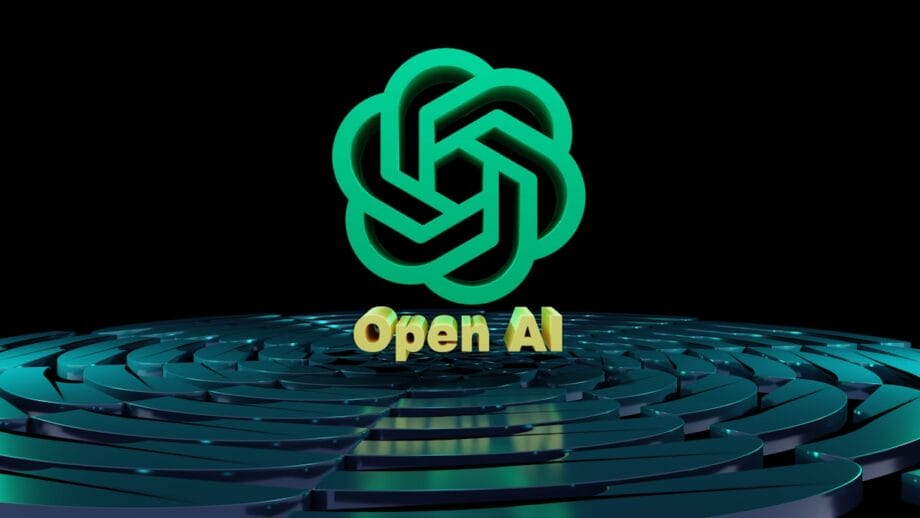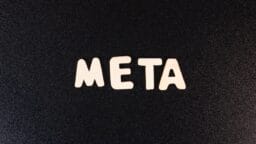OpenAI Diverges from Australian Tech Council on Copyright Issues
OpenAI has taken a firm stance, parting ways with the Tech Council of Australia regarding copyright limitations, proclaiming that its artificial intelligence frameworks are destined for Australia, irrespective of regulatory hurdles.
Chris Lehane, the Chief Global Affairs Officer at OpenAI—known for its flagship product, ChatGPT—delivered a keynote speech during the SXSW Sydney event on Friday.
His address encompassed the complex geopolitics of artificial intelligence, the technological trajectory of Australia, and the contentious global discourse surrounding the utilization of copyrighted material for training expansive language models.
Scott Farquhar, CEO of the Tech Council and co-founder of Atlassian, has previously articulated that the prevailing Australian copyright framework significantly deters investments from technology companies looking to establish a foothold in the nation.
In August, revelations surfaced regarding the Productivity Commission’s inquiry into whether technology firms ought to be exempt from copyright stipulations, which currently inhibit the mining of text and data essential for AI model training.
In response to concerns about potential investment attrition in AI development and data centers if Australia adheres strictly to current copyright laws, Lehane resonated confidence with his audience, stating, “No … we are going to be in Australia, one way or the other.”
He elucidated that nations typically adopt one of two distinct positions regarding copyright and artificial intelligence. The first embraces a U.S.-style fair use doctrine, promoting the creation of groundbreaking AI technologies, whereas the second favors a traditionalist view on copyright, restricting the capabilities of AI.
“We will engage in either country—we will discover avenues to collaborate with those wishing to construct advanced frontier models and foster robust ecosystems, or with those preferring a more narrowly focused approach to AI,” he remarked. “Our commitment remains unwavering under both scenarios.”
When probed about the launch of Sora 2, OpenAI’s innovative video generation model, and its monetization prior to the resolution of copyright issues, he asserted that the company’s initiatives were ultimately advantageous for society.
“This is the essence of technological evolution. Innovations emerge, compelling societies to adapt,” he explained. “We operate as a non-profit entity, dedicated to crafting AI that serves the collective benefit, reminiscent of earlier generations who utilized libraries for learning.”
OpenAI recently suspended the capacity to generate videos depicting Martin Luther King Jr. following complaints from his family regarding the technology.
Lehane further elaborated that a palpable competition exists between the United States and China in shaping the future of global AI, as their contrasting ideologies vie for dominance.
“We do not categorize this as a conflict but rather as a competition—albeit a very real one, with significant implications,” he noted.
He suggested that U.S.-led frontier models would be inherently rooted in democratic values, while those emerging from China might align more closely with autocratic principles.
“Ultimately, one of these paradigms will become foundational for the global community,” he asserted.

When questioned about his faith in the longevity of American democracy, he remarked, “Democracy is, as others have pointed out, a chaotic endeavor—but the United States has shown a remarkable ability to navigate these challenges successfully over time.”
He further indicated that the U.S. and its allies, including Australia, must commence generating substantial energy—specifically, a gigawatt weekly—to cultivate the necessary infrastructure and maintain a “democratic lead” in AI. He emphasized Australia’s potential to forge its own advances in frontier AI.
“Australia occupies a uniquely advantageous position,” he stated, highlighting its extensive AI user base, approximately 30,000 developers, an abundant talent pool, a rapidly evolving renewable energy sector, established fiber optic connections to Asia, and its status as a Five Eyes nation.
Source link: Theguardian.com.






